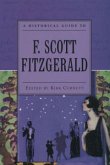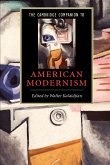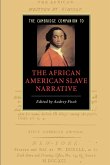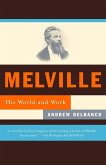Although it has long been commonplace to imagine the archetypal American poet singing a solitary "Song of Myself," much of the most enduring American poetry has actually been preoccupied with the drama of friendship. In this lucid and absorbing study, Andrew Epstein argues that an obsession with both the pleasures and problems of friendship erupts in the "New American Poetry" that emerges after the Second World War. By focusing on some of the most significant
postmodernist American poets-the "New York School" poets John Ashbery, Frank O'Hara, and their close contemporary Amiri Baraka-Beautiful Enemies reveals a fundamental paradox at the heart of postwar American poetry and culture: the avant-garde's commitment to individualism and nonconformity runs directly
counter to its own valorization of community and collaboration. By situating his extensive and revealing readings of these highly influential poets against the backdrop of Cold War cultural politics and within the context of American pragmatist thought, Epstein uncovers the collision between radical self-reliance and the siren call of the interpersonal at the core of postwar American poetry.
Hinweis: Dieser Artikel kann nur an eine deutsche Lieferadresse ausgeliefert werden.
postmodernist American poets-the "New York School" poets John Ashbery, Frank O'Hara, and their close contemporary Amiri Baraka-Beautiful Enemies reveals a fundamental paradox at the heart of postwar American poetry and culture: the avant-garde's commitment to individualism and nonconformity runs directly
counter to its own valorization of community and collaboration. By situating his extensive and revealing readings of these highly influential poets against the backdrop of Cold War cultural politics and within the context of American pragmatist thought, Epstein uncovers the collision between radical self-reliance and the siren call of the interpersonal at the core of postwar American poetry.
Hinweis: Dieser Artikel kann nur an eine deutsche Lieferadresse ausgeliefert werden.








